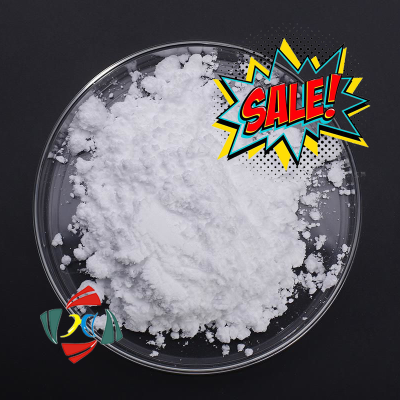Brain plasticity: the effect of exercise intensity on brain function
-
Last Update: 2020-02-03
-
Source: Internet
-
Author: User
Search more information of high quality chemicals, good prices and reliable suppliers, visit
www.echemi.com
February 2, 2020 / BIOON / - a new study shows for the first time that low and high exercise intensity can affect brain function in different ways Using resting state functional magnetic resonance imaging (RS fMRI), a noninvasive technique that studies brain connectivity, researchers found that low-intensity exercise triggers brain networks involved in cognitive control and attention processing, while high-intensity exercise mainly involves activating networks involved in emotion / emotion processing The results were published in the journal brain plasticity "We believe that functional neuroimaging will have a significant impact on revealing human brain interactions," said lead researchers Henning Boecker and Angelika Schmitt, PhD, University of Bonn, Germany These novel methods enable us to directly "observe" the brain of athletes, and then understand the dynamic changes of brain structure and function related to the transformation from "sedentary" to "healthy lifestyle" In this study, the authors evaluated 25 male athletes using incremental treadmill tests At different times, they carried out low-intensity and high-intensity sports training for 30 minutes Before and after exercise, the authors used RS fMRI to examine the functional connectivity of different regions of the brain associated with specific behavioral processes Participants also completed a questionnaire to measure positive and negative emotions before and after exercise Behavior data showed that: under the two exercise intensities, the positive emotion increased significantly, while the negative emotion did not The results of RS fMRI test show that low intensity exercise can lead to increased functional connectivity in networks related to cognitive processing and attention On the other hand, high-intensity exercise leads to increased functional connectivity in the network related to emotional and emotional processes High intensity exercise also results in reduced functional connectivity in networks related to motor function The researchers point out that this is the first study to reveal the effect of exercise intensity on specific functional networks in the brain Future research will provide neurobiological evidence on which exercise intensity is most suitable for certain neurobehavioral regulation, and may pave the way for clinical support application or enhancement of plasticity of brain function Source of information: high and low exercise intensity found to influence brain function differently original source: Angelika Schmitt et al Modulation of distinct intrinsic resting state brain networks by actual exercise bodies of varying intensity, brain plasticity (2019) Doi: 10.3233/bpl-190081
This article is an English version of an article which is originally in the Chinese language on echemi.com and is provided for information purposes only.
This website makes no representation or warranty of any kind, either expressed or implied, as to the accuracy, completeness ownership or reliability of
the article or any translations thereof. If you have any concerns or complaints relating to the article, please send an email, providing a detailed
description of the concern or complaint, to
service@echemi.com. A staff member will contact you within 5 working days. Once verified, infringing content
will be removed immediately.







